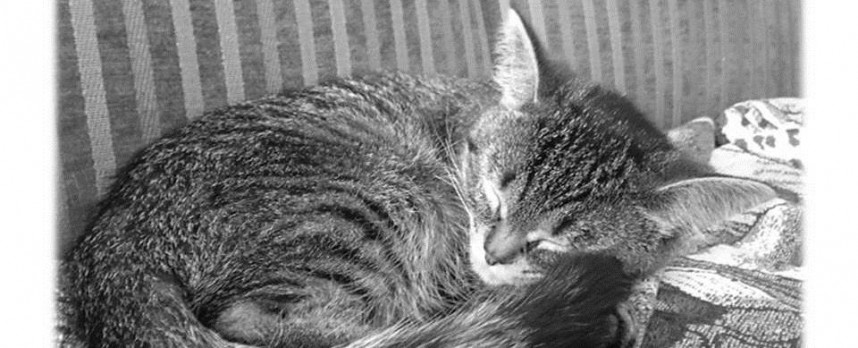Everything you need to know about feline AIDS
By Dorothée Pâris Pasturel • 10 December 2024
Has your cat contracted feline AIDS? Are you considering adopting a cat with this disease? Here are 8 questions/answers to help you understand:
1. What is FIV (Feline Immunodeficiency Virus)?
AIDS in cats is an immunodeficiency disease. It is a virus that progressively weakens the immune system. This pathology mainly infects T lymphocytes (white blood cells), which play a major role in the immune system. It will therefore be less resistant to symptoms if it contracts an illness. Although the virus is similar to HIV/AIDS in humans, the disease is less serious and rarely threatens the animal’s life .
2. How is FIV transmitted?
FIV is primarily transmitted through blood through bites. Unneutered male cats are particularly at risk of FIV when they have access to the outdoors, as they may encounter other cats with whom they may fight. Bites must be deep enough to cause bleeding, so the risk of transmission of the disease is low between indoor cats that get along well.
If an intact female cat contracts FIV during pregnancy, she can pass it on to her developing pups (fetuses) in the uterus.

3. Can I get FIV?
No! It is an infection that is transmitted only between cats. No human or other animal can contract FIV.
4. How long can an FIV cat live?
Many cats can live their entire lives with the virus , while others may not show any signs for four or five years and then develop symptoms when the immune system is affected. The average lifespan of a cat infected with FIV is not significantly different from that of an uninfected cat.
5. Should we expect to see symptoms?
A cat infected with FIV can live for years without showing any specific symptoms . This period is called the “asymptomatic phase”, which means that the cat, after being infected, carries the virus in a “discreet” way. For those who do develop the disease, they will have a dull coat, chronic fever, decreased appetite, chronic gum and mouth infections, persistent diarrhea, progressive weight loss and many other symptoms.
6. Do FIV cats need medication?
They do not need medication, but should be taken to the vet as soon as they are sick. The important thing is a healthy lifestyle . Also, if your cat has FIV, it is advisable to keep it indoors to prevent it from infecting other cats.
7. Is there a vaccine or treatment?
Unfortunately, there is currently no treatment for feline AIDS. FIV is an incurable disease. However, antibiotics and supportive care can be used to control secondary infections that may occur.
Preventive measures can be taken to reduce the risk of infection: monitor his movements outside, control his hours of going out by avoiding leaving him outside all night, have him screened by the vet as soon as he shows signs of bites or scratches. In addition, for the reasons mentioned above, it is strongly recommended to have your male cat sterilized or to keep him indoors.
A vaccine has been available since 2002 to prevent the onset of FIV. Ask your veterinarian for more information.
8. How do I know if my cat has FIV?
There are screening tests that can confirm whether your cat has contracted the disease or not. Consult your veterinarian to find out what tests are available.
Sources:
Canadian Veterinary Medical Association
The World Newspaper
Royal Canin





Leave a Reply